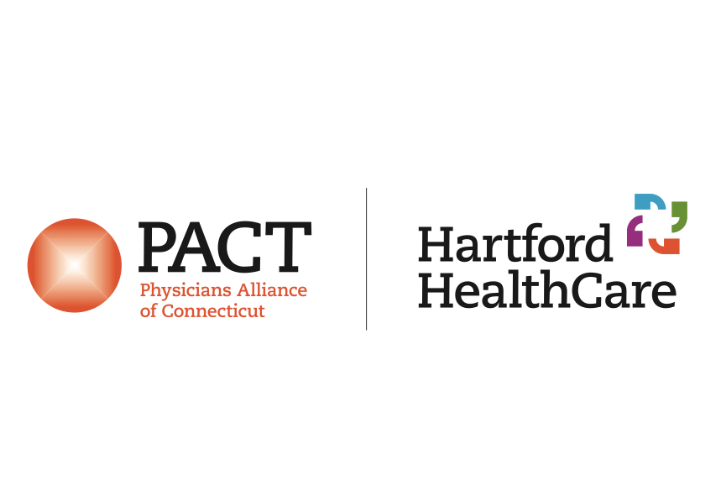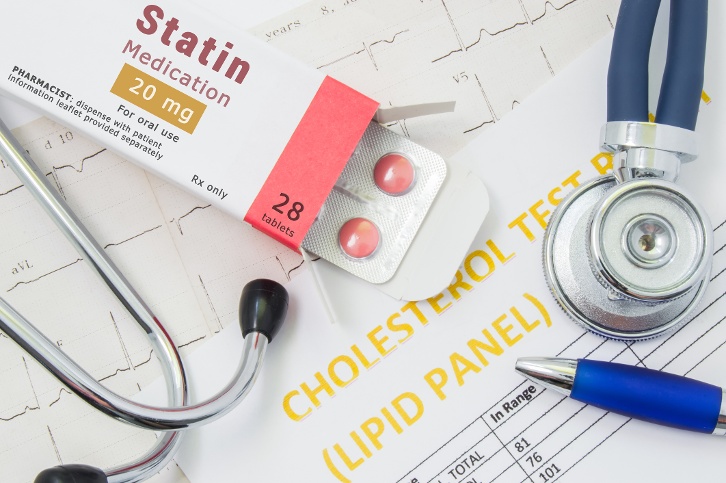You’re in great health and feel good. You eat right. You go to bed at a reasonable hour. So, why do you need a primary care physician (PCP)? Well, you most likely drive your car daily, and you’re a safe driver. Your insurance company says so, too. But you wouldn’t keep driving, day in and… Read More
Read More
Developing the shingles virus is common, with almost one out of three people in the U.S. experiencing it within their lifetime. And unfortunately, this number is on the rise, with more people of all age groups developing shingles (or herpes zoster) than ever before. Emerging studies cite a few different reasons for this trend, including… Read More
Read More
While bronchitis and pneumonia share similar signs and symptoms, there are also a few key differences that may make it easier to determine if you have one versus the other. The same infections that cause bronchitis may also cause pneumonia, making it difficult to decipher which illness is present. Determining the difference between bronchitis and… Read More
Read More
Adding certainty in a very uncertain year If 2020 has shown us anything, it’s that there’s a lot of uncertainty in the world. During the COVID-19 pandemic, many practices have been challenged to remain open, while our representatives in government have continued to question the structure and philosophy behind the US healthcare system.
Read More
Although most people may not enjoy discussing their stomach problems to their friends or family, it is important to be transparent about these issues to your doctor, as you are definitely not alone. In fact, according to the CDC, there are more than 22.4 million visits to the doctor for diseases of the digestive system as the primary diagnosis each year.
Read More
If you’re one of the 29 million American adults living with high cholesterol, you may be wondering what steps to take to reduce these levels and live a healthier life. While cholesterol is necessary for some important functions in your body, consuming too much of it can have many harmful side effects. Having high cholesterol levels, specifically low-density lipoprotein (LDL) cholesterol, can put you at risk for health complications and diseases, such as coronary heart disease, stroke, peripheral vascular disease and diabetes. Fortunately, there are lifestyle changes you can make to reduce LDL cholesterol and take control of your health.
Read More
Did you know that diabetes and kidney disease are often connected? In fact, 1 in 3 people in the U.S. living with diabetes is also diagnosed with kidney disease. Diabetes is considered one of the biggest factors for increasing your risk of developing kidney disease. Over time, high blood sugar can damage the blood vessels in the kidneys. As a result, kidneys can become damaged and not perform necessary bodily functions as efficiently. Your kidneys remove wastes and excess fluids from your body; when they become damaged, these wastes can accumulate and eventually harm other organs in your body. This is also known as Diabetic Kidney Disease (DKD).
Read More
In the United States, approximately 54 million people, or about 23% of the total population, have some form of arthritis. While it’s normal to have an occasional ache or tenderness in your body, living with chronic pain in your joints is not. If left untreated, pain due to arthritis can be debilitating because it can limit your mobility and get in the way of your everyday life.
Read More
Recent data reveals that more people in the U.S. are reporting significant and sustained increases in symptoms of depression and anxiety due to the impacts of the COVID-19 pandemic. While we continue to adjust to our “new normal” and try our best to stay healthy physically, it is equally important to remember to take care of your mental health, as it is closely tied to your body’s overall wellness.
Read More
Maintaining good mental and physical health should always be a priority. However, during National Women’s Health Week, May 10-16, 2020, it is important to raise awareness of the positive steps you can take to improve your health and wellbeing. With new challenges being presented due to the outbreak of COVID-19, it is especially important to be mindful of your health and take care of yourself.
While your healthcare routine may have changed due to COVID-19, there are still plenty of ways to remain healthy and active while at home.
Read More










